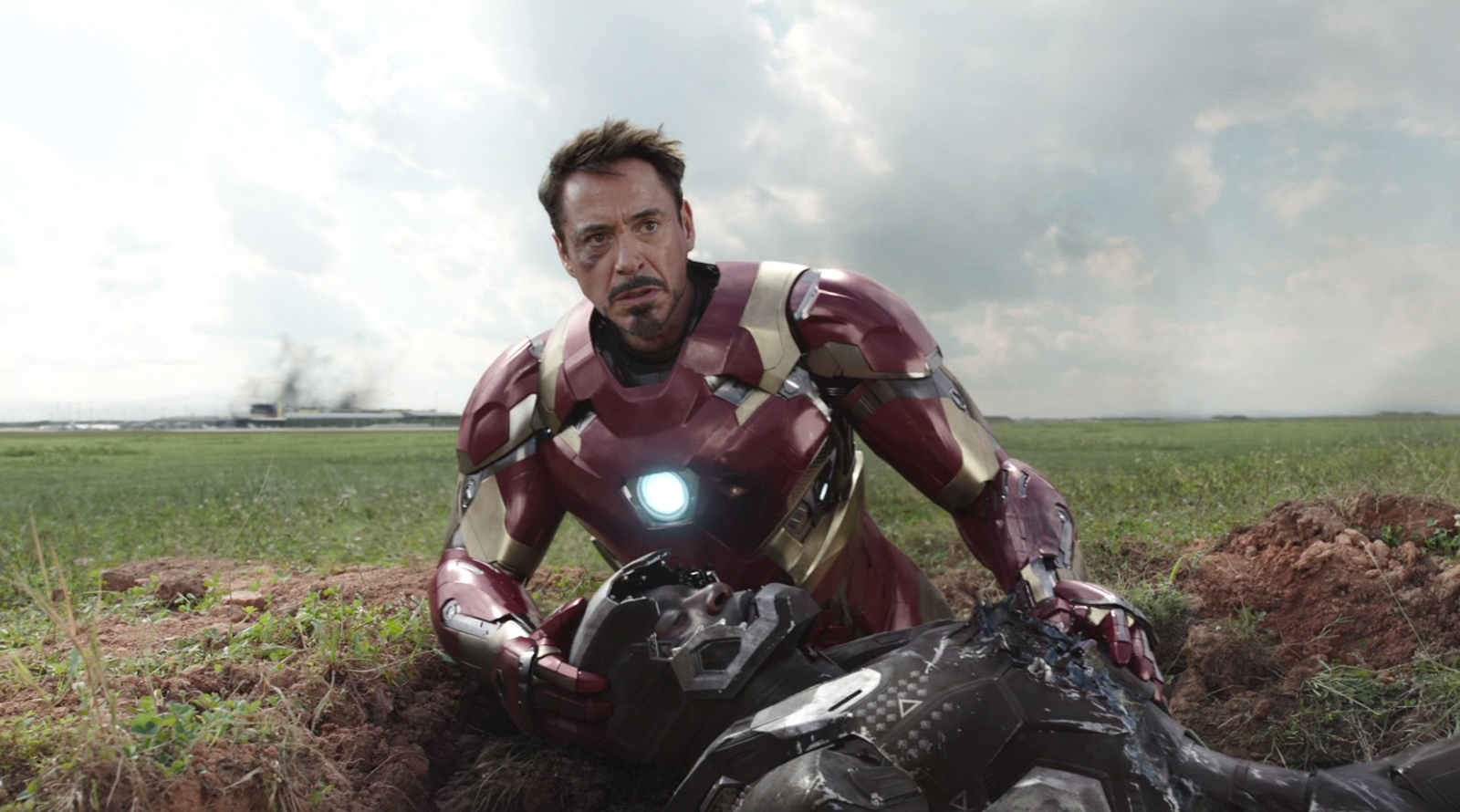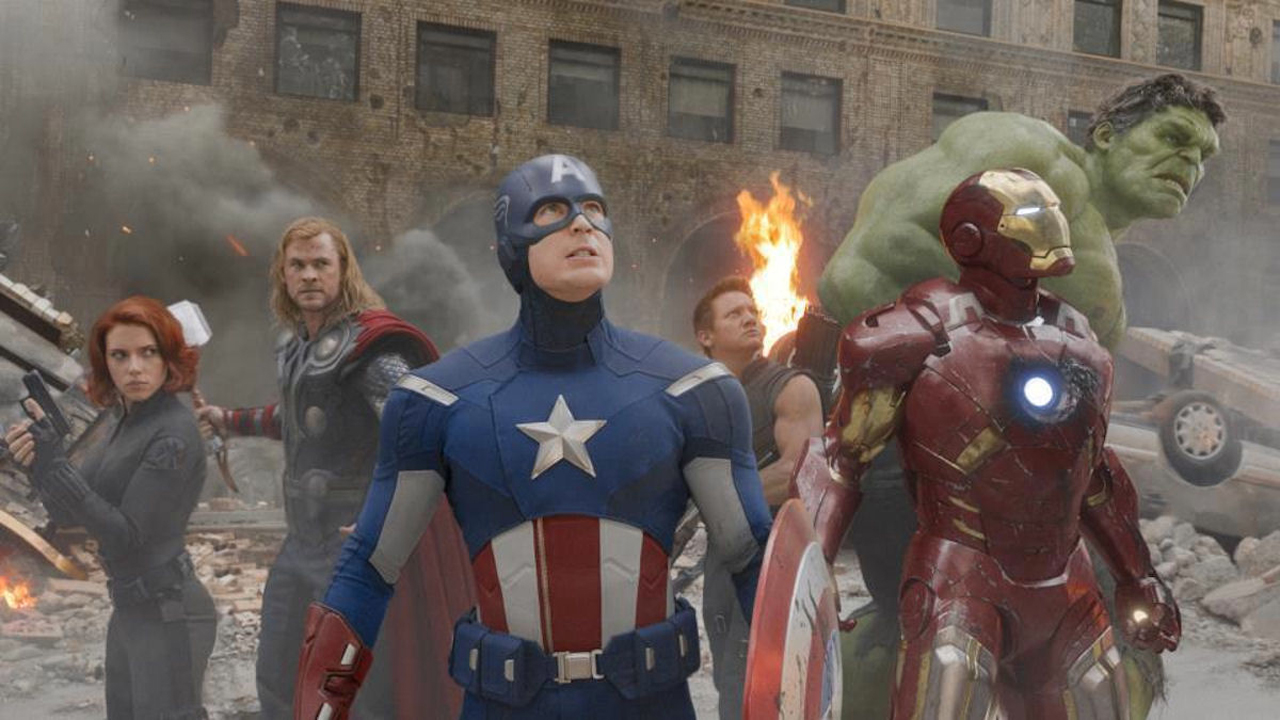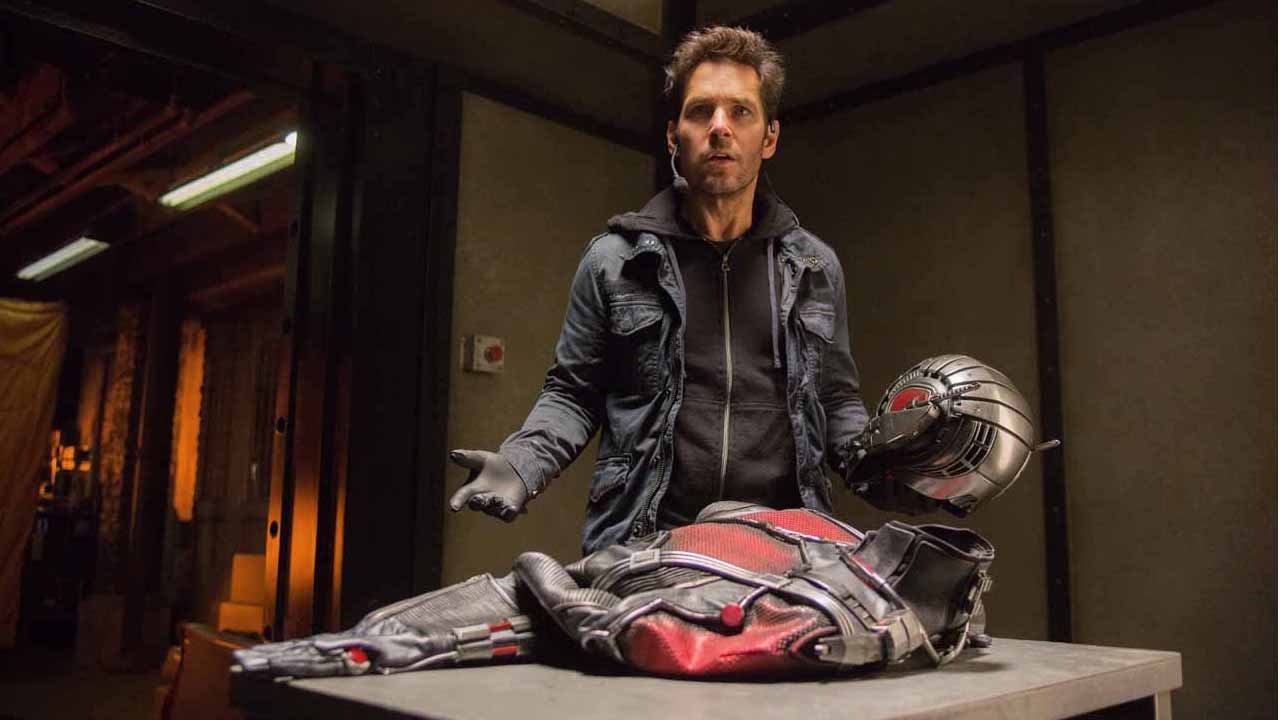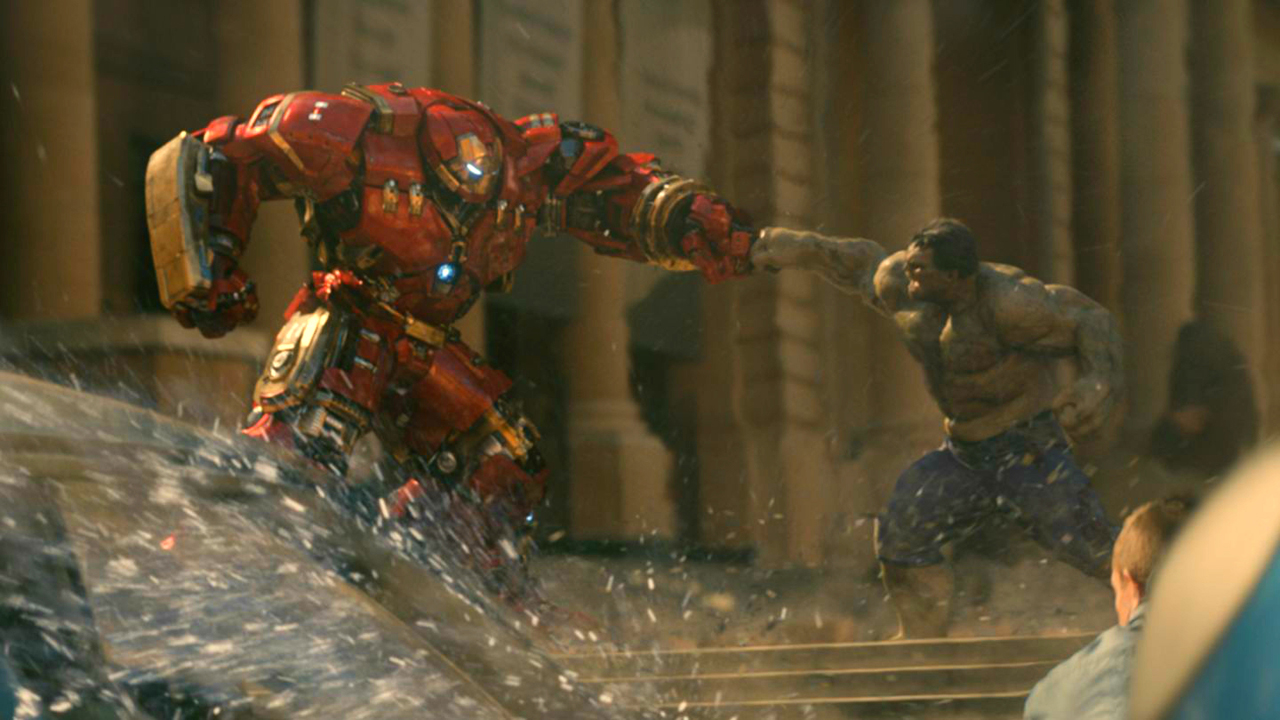Avengers: Infinity War needs to kill a lot of heroes for the good of the MCU

The Marvel Cinematic Universe needs to hit the reset button. Yes, Black Panther and Thor: Ragnarok might be the most exciting Marvel movies we’ve had in a good few years, and yes, I did say that Ragnaorok's happiness to embrace the full scope of the MCU’s ludicrous, goofy space-nonsense represents Marvel hitting full creative maturity. And all of that is still true today. But for all of Ragnarok’s and Panther's freshness, the wider MCU needs a bigger shake-up if it’s going to maintain its edge running through to the other side of Avengers: Infinity War.
The problem is that for all the thoughtful, character-driven creativity on show in Marvel's latest, logistically, the events of the wider universe are just getting too big, too fast, to comfortably support those qualities long-term. It’s just not going to stay viable. Not with the kind of rules Marvel has set for itself. Not given the kind of interconnected escalation inherent to making the MCU as compelling as it is.

Lately, the greater demands of that wider world have been taking priority over the slow, deliberate, character-driven story-building the MCU made its name with. And I can’t help finding myself missing the Iron Man 3 days, when the crowning conclusion to the series that started the MCU was a low-key, indie-tinged comedy drama about a talented but quite broken egotist trying to get over past trauma in order to become the better person he’d previously never cared to be. At the MCU’s current pace, that kind of film can’t happen any more. There just isn’t the room required to do the character groundwork needed to set up such a satisfying pay-off.
Of course, the medium-term goal was always the use of this shared universe to build bigger event movies requiring a full gamut of heroes working in unison. But along the way, the balance has rather tipped in the wrong direction, and Marvel seems in danger of losing track of why the idea of those cross-over movies were exciting in the first place.
Lately, Marvel has found itself with less time and space to explore foundations before experimenting with chemistry. Where, until Age of Ultron, the single-character movies remained largely just that, albeit with witty nods and teases to other characters and events in the MCU for the sake of continuity and resonance, later introductions have started to feel less like the starting points of new heroes’ journeys, and more like brief auditions for Avengers membership. Ant-Man is a great, and refreshingly small-scale, superhero movie, but by the end it rather feels like Scott Lang is being aggressively shoved toward the end of the spring-board and encouraged to leap up to the big leagues before he’s even made a solo name for himself.

And indeed, he will actually have appeared in two team-up movies (Civil War and Infinity War) before getting around to a focused sequel of his own. Ditto Doctor Strange. Established for the duration of precisely one origin story, he’s was then immediately nudged toward Thor, with an Infinity War appearance a foregone conclusion.
Why is this a problem? Because we’re having new MCU characters devalued almost the instant they arrive, these new supers afforded less focus on what they can deliver as characters in the their own right, and feeling more like fodder to fuel Marvel’s bigger event plans. It's the beginning of a two-tier system, where until you’re friends with Steve or Tony, you don’t quite count. Plus, we’re now rather losing the anticipation that used to make the gaps between the Marvel movies so much fun. Remember when we used to imagine what it’d be like when selfish, publicity-seeking genius Stark got to hang out with selfless, attention-shirking genius Banner? Or how Cap’s endlessly honourable, positive outlook would gel with Black Widow’s more troubled past when they got to work together? We don’t get that any more. You meet someone as fun and unique as Ant-Man, then five minutes later he’s an Avenger appendage, diluted amid the wider mix of heroes.
Sign up for the Total Film Newsletter
Bringing all the latest movie news, features, and reviews to your inbox
And with the MCU’s biggest, longest-teased event now imminent, Infinity War bringing together the entire Earth-based and off-world roster for their grandest conflict yet, there’s a real danger that things could soon collapse under their own collective weight.

Because after Infinity War is settled, after the entire hero roster has had its spin around the apocalyptic washing machine and ten years-worth of dust has settled, what will we have? Personally, I fear a situation where everyone is simultaneously over-exposed and under-exposed, all having had a star moment in Marvel’s biggest battle, but few having done anything of real personal importance.
It’s going to be a heck of a lot of fun to see how the Russo brothers wrangle everyone from Vision, to Star Lord, to Doctor Strange, to Spider-Man throwing down together, but as for their chances of important character moments to sit alongside those spectacular beatdowns? I don’t hold out much hope for anyone outside of the core cast. And with the entire, currently-disparate heroic universe unified afterward, that’s going to make things even more crowded than they are now, a great many faces attached to a lot of comparatively stunted story arcs, all across the galaxy. For the new guys in particular, still struggling to make their own names, that would be a disastrous combination of circumstances.
But there’s an opportunity here as well as a problem. Because Infinity War, as the culmination of the MCU’s over-arching narrative so far, can and should be the end point too. Not of everything, but certainly of chapter one. But to make the most of that, and start up the next Phase in a state of real, creative health, Marvel needs to be brave enough to kill off a lot of good-guys in the process. Rather than a simple meeting of heroes, Infinity War can be a passing of the torch. It can clear the way for the MCU’s recent additions to grow and evolve, just as the outgoing heroes were once allowed to. Its planet-rocking events can flush out a lot of narrative complication when resolved, leaving a new status-quo both on Earth and in space, allowing new stories to be told. But for that to happen, the would-be heroes of those stories are going to need the freedom to cut their own path through the new world, neither encumbered by the past, nor overshadowed by the characters who shaped it.

And for that to happen, a lot of big players - the kind of characters who not only get all the real-world hype, but who are central to many of the current story threads - are going to need to die in Infinity War. It will hurt. It will leave us sad. It will leave a big hole in the ongoing story. But it should. That’s the point. The loss of beloved characters should be affecting, and the whole point of Marvel’s long-term plan was to make us care like we’d never cared about superheroes before.
And hell, no-one stays dead in comics. Whoever goes, be it Steve, Tony, Clint, Nat, Thor, Bruce, or anyone else, their time will most definitely come again, eventually. But we’re now nearing the time of a new set of heroes, and they need to be allowed to have it.
As for how it all might go down? Check out our breakdown of how Infinity War might set up Avengers 4, and our somewhat less serious pondering of what the still-secret Avengers 4 title might be.



